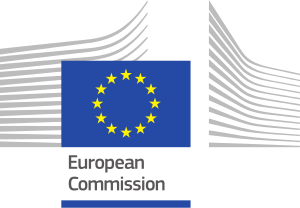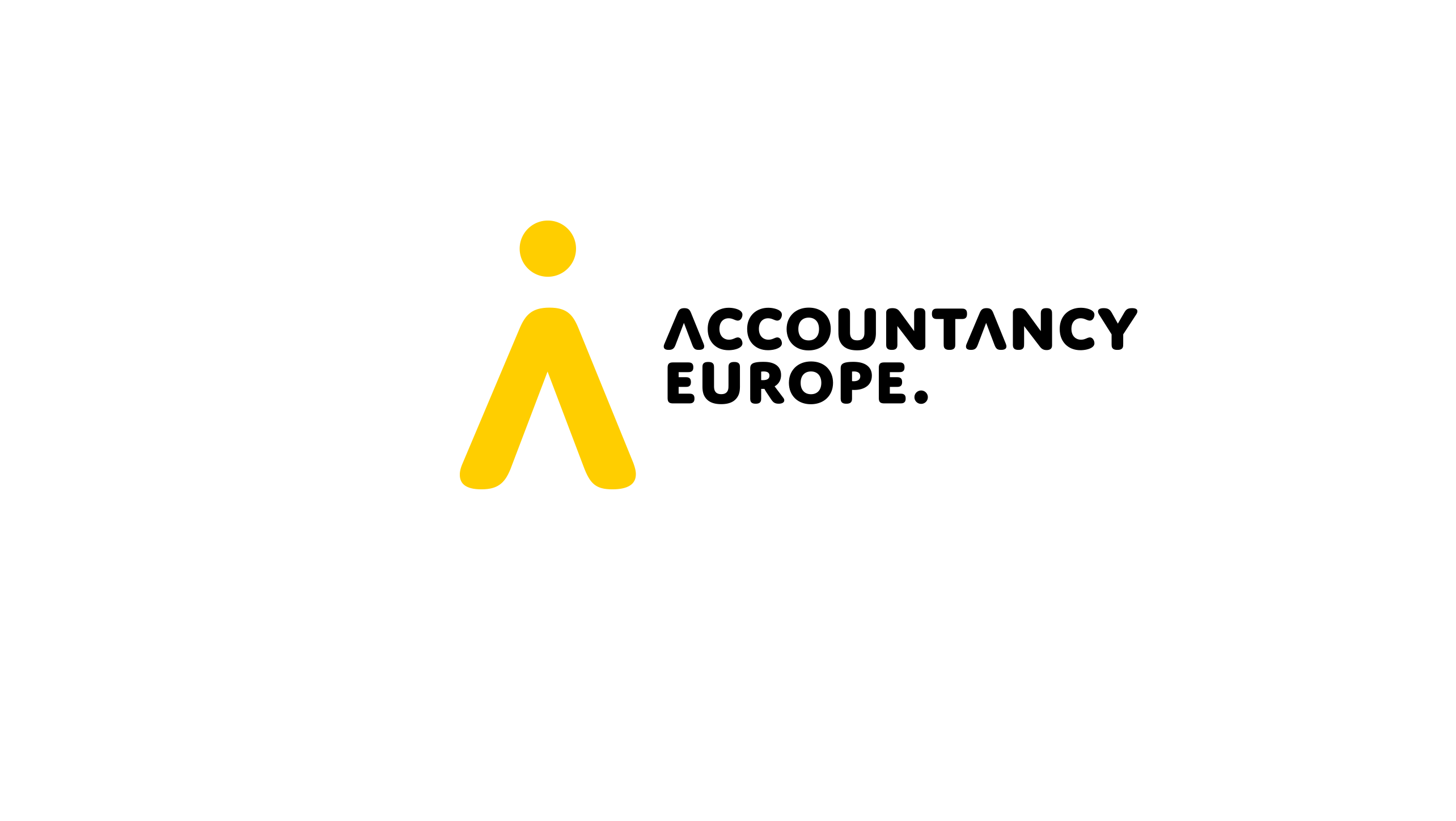A beneficial owner is a natural person who enjoys the benefits of ownership of an asset, even though title to the property owned is marked on another name. Under the current financial rules, the person actually owning or controlling the assets can easily remain behind the scene by setting up anonymous companies or trusts in jurisdictions that do not require to register the beneficial owner of the company or by hiring nominees or proxies to sign the papers.
This practice opens doors possible for corruption, money laundering and other illicit financial practices as shown by recent leaks such as Panama Papers and Paradise Papers. These scandals revealed high-level politicians from around the world as well as football players, banks and law firms misused offshore companies and trusts for unlawful purpose. These scandals also showed the benefits of transparency. In less than a year, the Panama Papers had triggered at the global level, at least 150 inquiries, audits or investigations into Panama Papers revelations in 79 countries and governments were investigating more than 6,500 taxpayers and companies, and by December 2017 the revelations led to the recovery of more than $500 million, as publicly commented by 15 countries.
The current international standards such as the FATF Recommendations, the G8 principles on beneficial ownership transparency and the G20 High Level Principles adopted in the past 4 years only partly address the issue. More recently, the Panama Papers catalysed a number of initiatives at both national and global levels starting with the high level commitments made at the London Anti-Corruption Summit of 12 May 2016 to create public registers of beneficial owners. At the European level, the EU agreed on new anti-money laundering rules in December 2017. At the national level, some countries, like the UK are leading the way, but much more needs to be done to ensure that those promises are followed through and translate into effective implementation.
Transparency International EU has been actively advocating for strengthening European beneficial ownership transparency standards as part of the revision of the 4th EU Anti-Money Laundering Directive. The new rules mark a major breakthrough in the fight against money laundering by establishing public access to beneficial ownership data as a principle. However, a number of loopholes still remain in the Directive.
Transparency International EU has also contributed to advancing knowledge and research in this field by collecting evidence from existing practices and standards in EU Member States and identifying the gaps left in legislation and enforcement. In particular, Transparency International EU carried out a cross-country comparative analysis assessing beneficial ownership transparency frameworks in six EU countries, namely Czech Republic, Italy, Luxembourg, Netherlands, Portugal and Slovenia. The results of the project are summarised in a synthesis report published in April 2017 Under the Shell: Ending Money Laundering in Europe which can be downloaded here.


